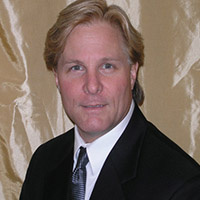Merrimack County, NH Felony Lawyers
Sponsored Law Firm
-
 x
x

Click For More Info:
-
Champions Law, PLLC
170 West Rd Suite 6D Portsmouth, NH 03801» view mapCriminal Defense Your Advocate & Defender
When you are dealing with an important, life-altering legal issue, having the right attorney on your side can make all the difference. At Champions Law, we are here to serve you.
800-783-8020
Not enough matches for Merrimack Felony lawyer.
Below are all Merrimack lawyers.
C. Kevin Leonard
✓ VERIFIEDKevin is one of the founders of Douglas, Leonard & Garvey, P.C. Kevin has been selected by his peers for inclusion in the 23rd Edition of The Best ... (more)
Jeffrey A. Runge
✓ VERIFIEDJeffrey Runge proudly serves Concord, NH and the neighboring communities in the areas of Divorce, Child Custody, Divorce & Family Law, Alimony & Spous... (more)
Mark P Cornell
Neil B. Nicholson
FREE CONSULTATION
CONTACTSandra A Kuhn
FREE CONSULTATION
CONTACT Laurie Lacoste Portsmouth, NH
Laurie Lacoste Portsmouth, NH Practice AreasExpertise
Practice AreasExpertise


